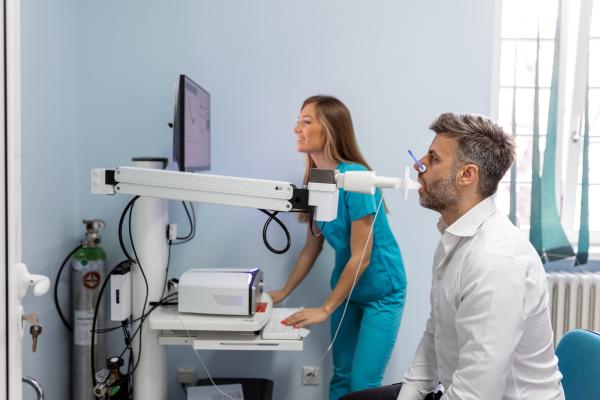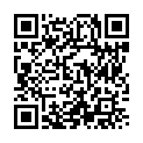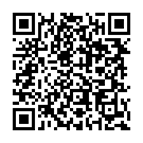
What is COPD?
COPD stands for Chronic Obstructive Pulmonary Disease.
COPD is a lung disorder that includes chronic (ongoing) symptoms of:
- Shortness of breath
- Coughing
- Sputum (mucus)
- You may have episodes when your symptoms get worse. These are called exacerbations.
Symptoms of COPD are caused by changes in your airways (chronic bronchitis) or in your air sacs (emphysema). These changes obstruct (block) the flow of air when you breathe.
COPD symptoms usually get worse over time.
Who is at risk of getting COPD?
You are most at risk of getting COPD if you:
- Smoke or used to smoke
- Were exposed to second-hand smoke
What are the symptoms of COPD?
- Coughing up mucus most days
- Having chest or lung infections often
- Wheezing or noisy breathing
- Trouble breathing when exercising or doing daily activities
How is COPD diagnosed?
Talk to your primary health care provider (family doctor of nurse practitioner) about your symptoms. They will:
- Ask about your medical history
- Order a breathing test called spirometry*: this test measures how air moves out of your lungs. It will show if the air in your lungs is obstructed. The test may be at a hospital or a community clinic.
*Spirometry is 1 part of a series of breathing tests called Pulmonary Function Tests (PFTs). Most people only need spirometry to find out if they have COPD.
Do you have COPD?
Check out our COPD Programs and Services:
Clinics, Programs, and Services
COPD - The INSPIRED COPD Outreach Program and COPD Care and Education Nova Scotia
Offered at 11 locations
The INSPIRED COPD Outreach Program
The INSPIRED COPD Outreach Program offers support to people in later stages of chronic obstructive pulmonary disease (COPD).
NEW! COPD Care and...
Asthma COPD Education Centre
Offered at 2 locations

Nova Scotia Health offers individual and family sessions with customized educational help for people with Asthma and COPD, and their support network.
Our best standards of care include...



